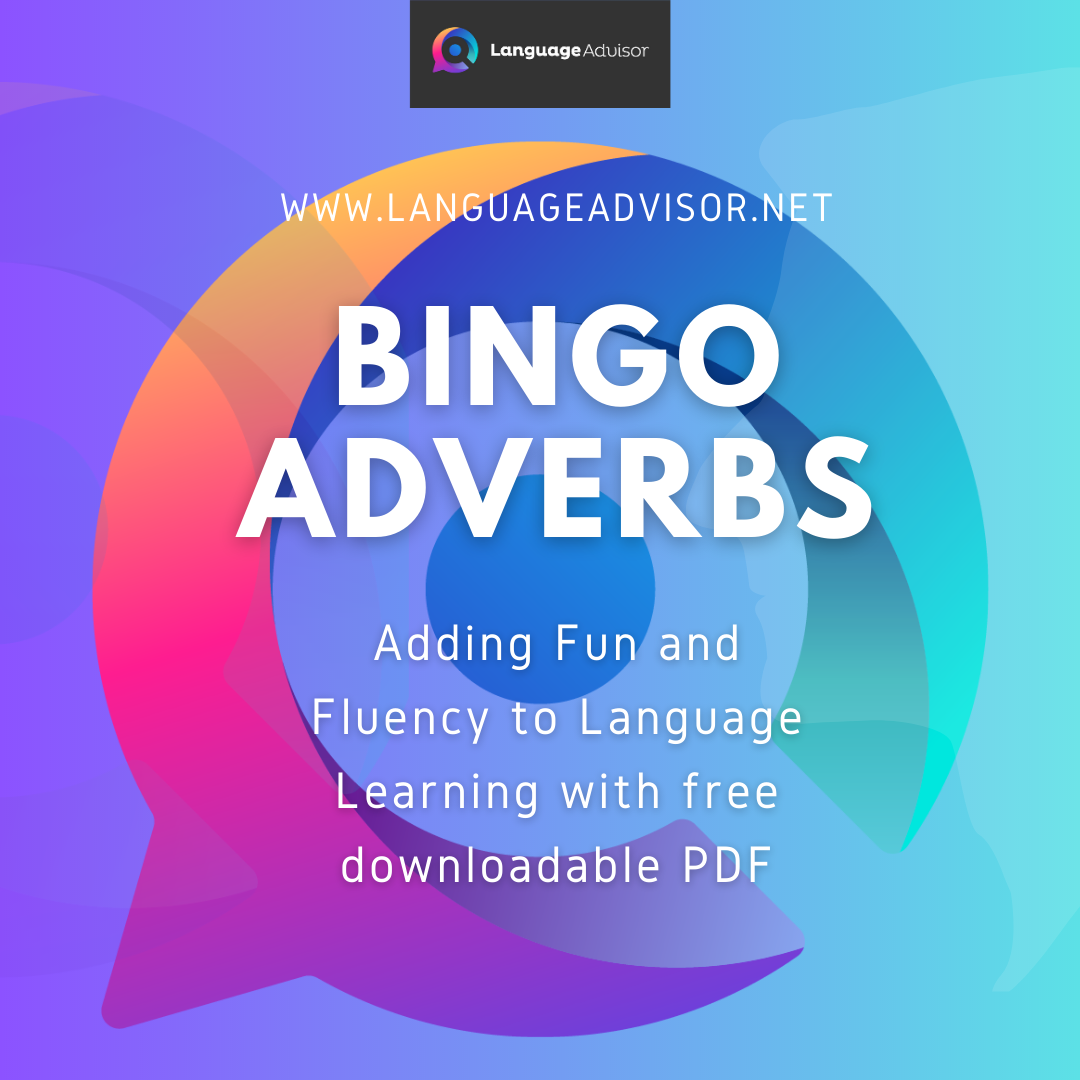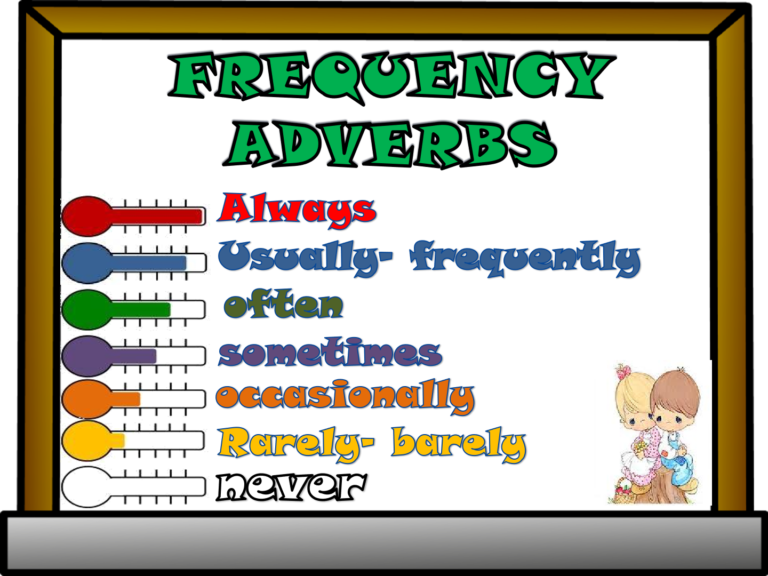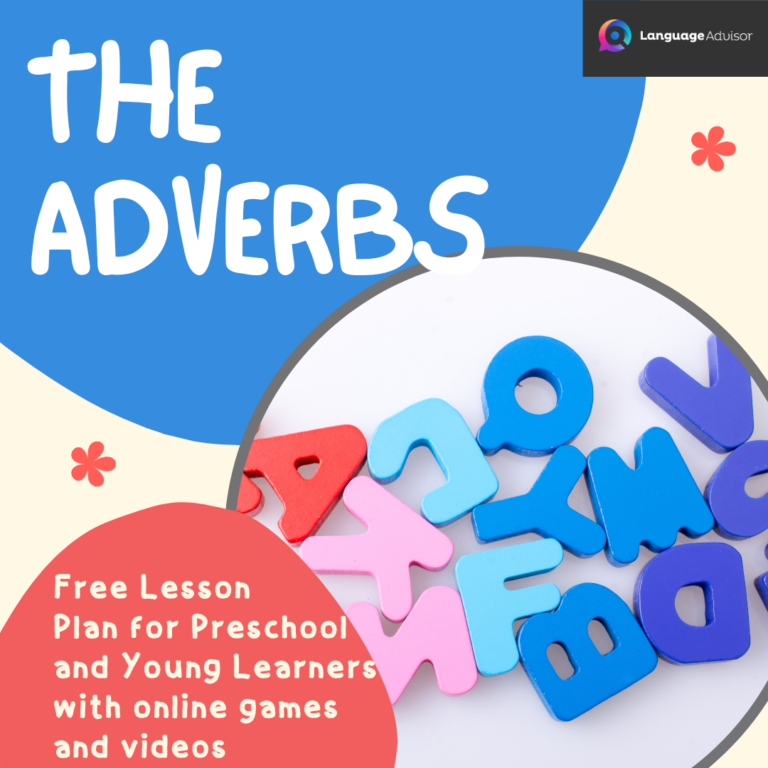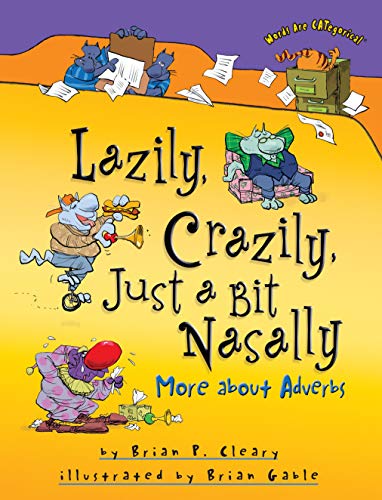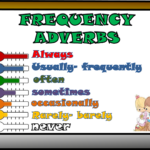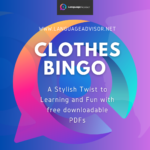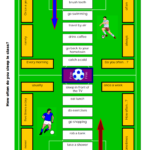Bingo Adverbs – PDF: Adding Fun and Fluency to Language Learning with free downloadable PDF
Bingo Adverbs – PDF

Language learning is an adventure that becomes even more exciting when infused with creativity and interactive activities. One such engaging tool that can enhance language skills, specifically in teaching adverbs, is the classic game of Bingo. In this blog post, we’ll explore the world of “Bingo Adverbs,” a fun and effective way to teach and reinforce adverb concepts to learners of all ages.
Unveiling the Power of Bingo Adverbs
Adverbs are essential components of language that provide valuable information about verbs, adjectives, and other adverbs in a sentence. They help paint a vivid picture, adding depth and context to communication. Teaching adverbs using traditional methods can sometimes be challenging, but Bingo Adverbs introduces an element of playfulness that makes learning both effective and enjoyable.
How to Play Bingo Adverbs
- Create Bingo Cards: Design Bingo cards with a 5×5 grid and randomly place different adverbs in each box.
- Adverb Definitions: Before starting the game, ensure the participants understand what adverbs are and how they function in sentences.
- Caller’s Role: Designate a caller who will announce adverb examples or sentences to the players.
- Game Play: As the caller reads out an adverb, participants mark the corresponding adverb on their Bingo cards if it’s present. The goal is to complete a row, column, or diagonal of marked adverbs.
- Winning: The first player to complete a winning pattern calls out “Bingo!” and verifies their adverbs with the caller.
- Discussion: After a player wins, take the opportunity to discuss the adverbs used and their meanings in different contexts.
Why Bingo Adverbs?
1. Engagement and Fun:
Bingo Adverbs adds an element of excitement to learning. The game-like format keeps participants engaged while fostering a positive attitude toward learning grammar concepts.
2. Vocabulary Enrichment:
Players are exposed to a variety of adverbs in different contexts, expanding their vocabulary and enabling them to use adverbs more effectively in their own speech and writing.
3. Contextual Learning:
By listening to adverbs in sentences, players gain a deeper understanding of how adverbs modify verbs, adjectives, and other adverbs in specific situations.
4. Social Interaction:
Bingo Adverbs encourages peer interaction and communication as participants discuss and compare adverbs during the game.
5. Enhanced Listening Skills:
Players need to listen attentively to the caller’s pronunciation of adverbs, helping improve their listening skills and comprehension.
6. Boosted Confidence:
The game’s competitive but non-threatening nature helps boost learners’ confidence in using adverbs in real-life conversations and written work.
Customizing Bingo Adverbs
Adapt Bingo Adverbs to cater to different skill levels and learning goals. For younger learners, include more visual cues, and for advanced learners, incorporate complex sentences with nuanced adverbs.
Closing Thoughts
Language learning doesn’t have to be a dull and tedious process. Bingo Adverbs adds an element of play and excitement to the learning journey, making adverb concepts more accessible and enjoyable. This interactive activity not only teaches adverbs but also enhances vocabulary, listening skills, and social interaction. So, gather your Bingo cards, dive into the world of adverbs, and watch as language learning becomes a joyful and enriching experience.





DOWNLOAD THE PDF FOR FREE





Be sure to explore these additional materials focusing on English adverbs





WE DO NOT SUPPORT COPYRIGHT DISPUTES – USE ONLY FOR TEACHING AND LEARNING PURPOSES

